Humanities Education
Humanities education helps students understand our society, the world and themselves. It helps maintain students’ personal development and become a confident, knowledgeable, and responsible person in families, communities, nations and the world.
| 中國歷史 |
一 學科目標
從不同角度,例如政治、經濟、科技、宗教、文化藝術等方面認識中國歷史的源流與發展,掌握不同歷史時期的時代特徵。
運用各種探究方法整理史料,從歷史資料中作出歸納和推論,比較類同和差異。
從認識至認同,以至建立對祖國的承擔精神,從而提升自己作為中國人的意識和自豪感。
|
|
學生參加教育局主辦的改革開放40年專題研習計劃,取得全港第二名佳績,獲優異獎。 |
本校舉辦弘揚中華文化活動,讓學生學習傳統文化,感受藝術的奇妙。 |
|
中三級學生前往會展中心參觀「決勝之路──港澳同胞參與國家脫貧攻堅全面建成小康社會紀實」展覽,了解國家在脫貧攻堅工作取得的成就。 |
本校舉辦不同的交流考察團,加深學生對內地社會和文化的認識。 |
| 公民與社會發展 |
A.Course objectives
B Course features
|
| 地理 |
A. Course objectives
B. Group activities
River and Coastal Expeditions River and Coastal Expeditions
Farming experience
A visit to the Mills
|
| 旅遊與款待 |
A. Course objectives:
B. Course features:
C. Course structure:
Introduction to Tourism, Introduction to Hospitality, Destination Geography, Customer Relations and Services, Trends and Issues in the Tourism and Hospitality Industry, Conferences, Incentives, Businesses, Exhibitions, Theme parks and Attractions
Featured coursework: Simulated travel agency, Student business card, Uniform design, Theme-based project
|
| 歷史 |
A. Course objectives:
B. Course features:
|
| 經濟 |
A. Course objectives
B. Course features
Basic Economic Concepts, Firms and Production, Market and Price, Competition and Market Structure, Efficiency, Equity an the Role of Government, Measurement of Economic Performance, National Income Determination and Price Level, Money and Banking, Macroeconomic Problems and Policies and International Trade and Finance
Elective part:
Monopoly Pricing, Anti-competitive Behaviours and Competition Policy, Extension of Trade Theory and Economic Growth and Development
|



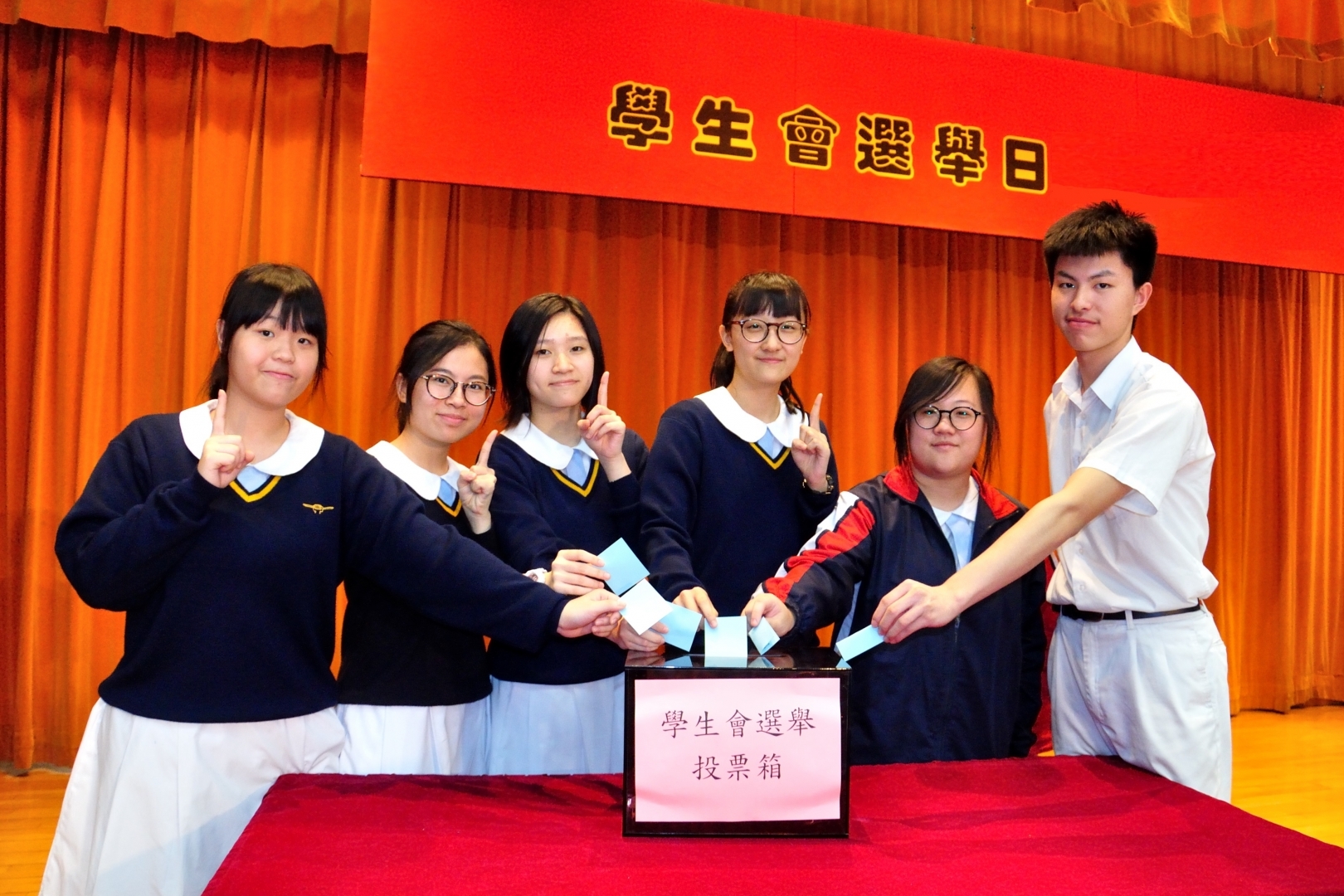
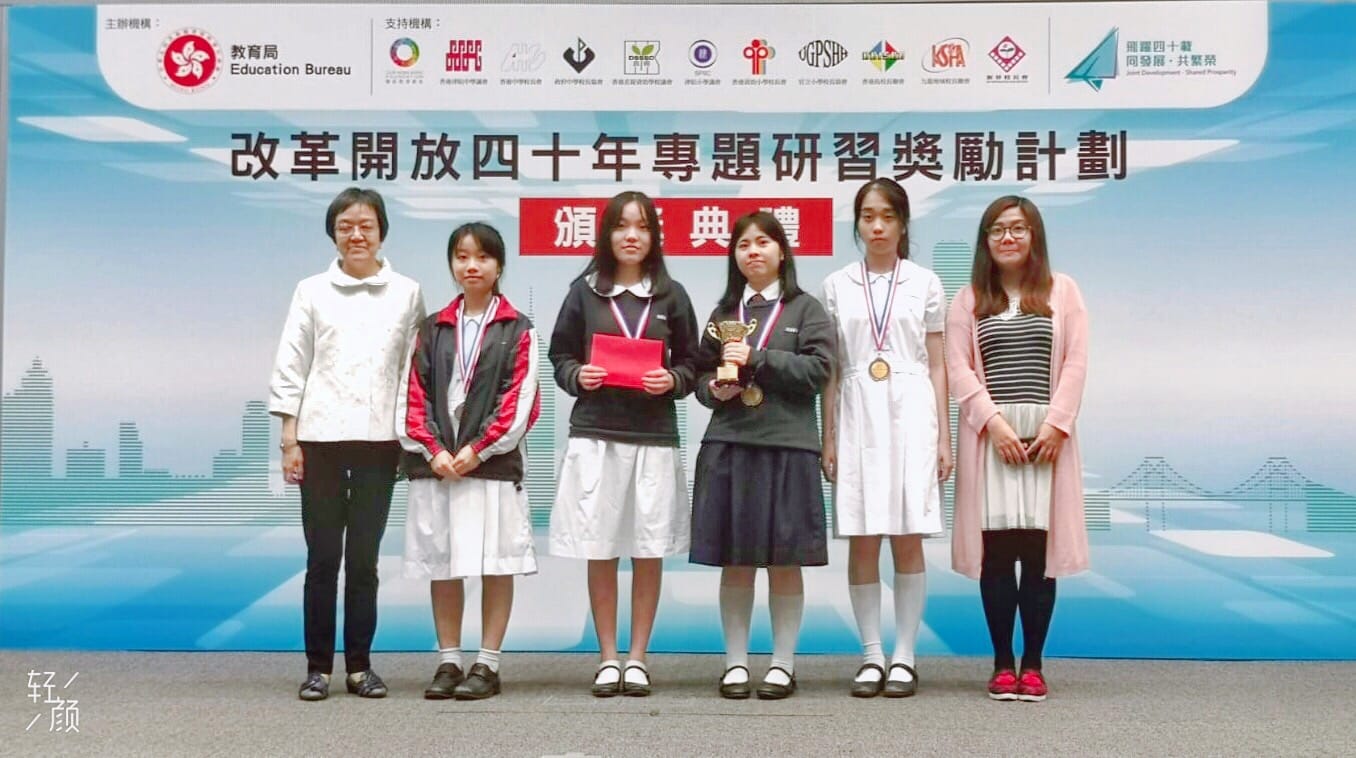
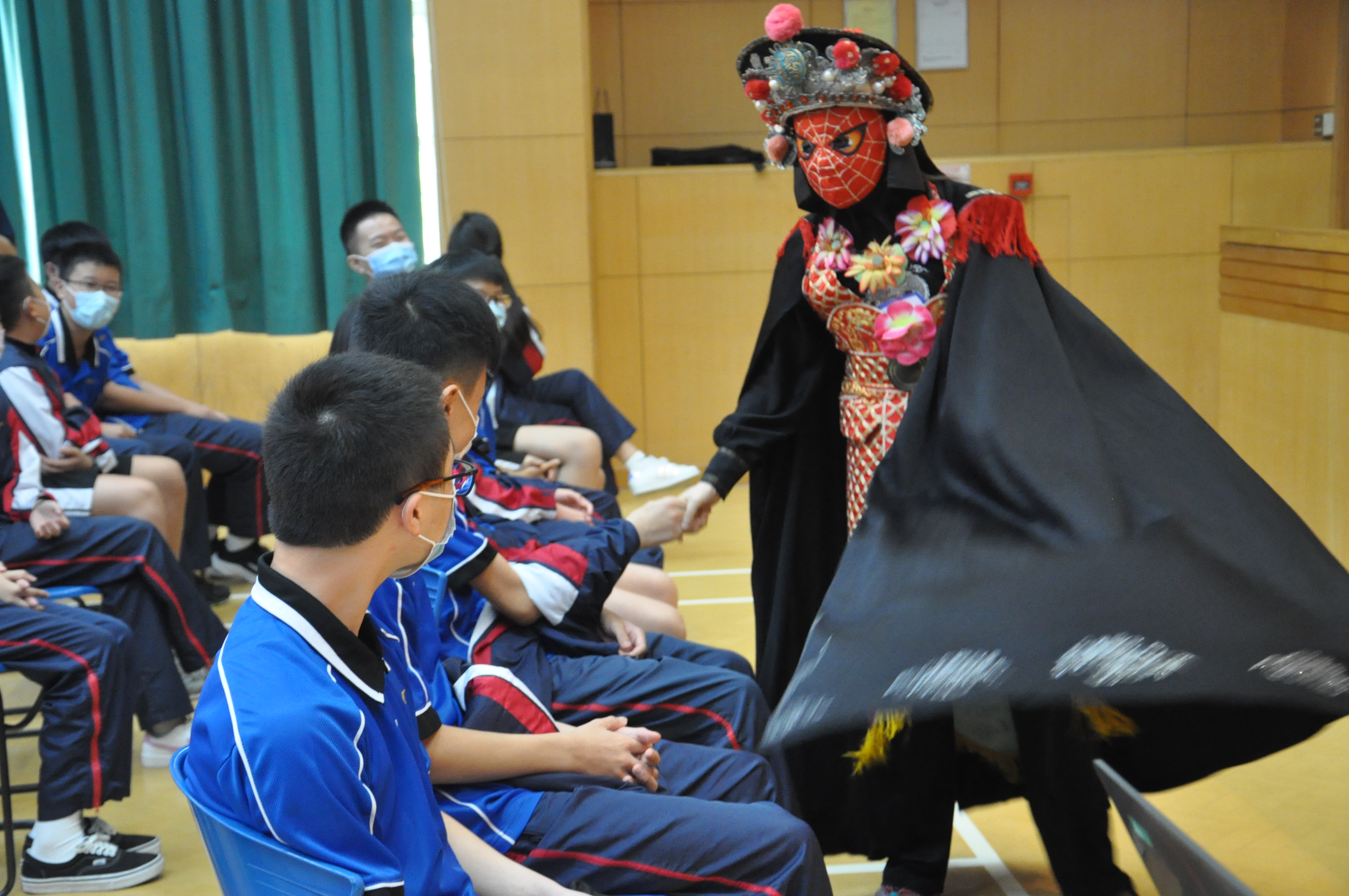
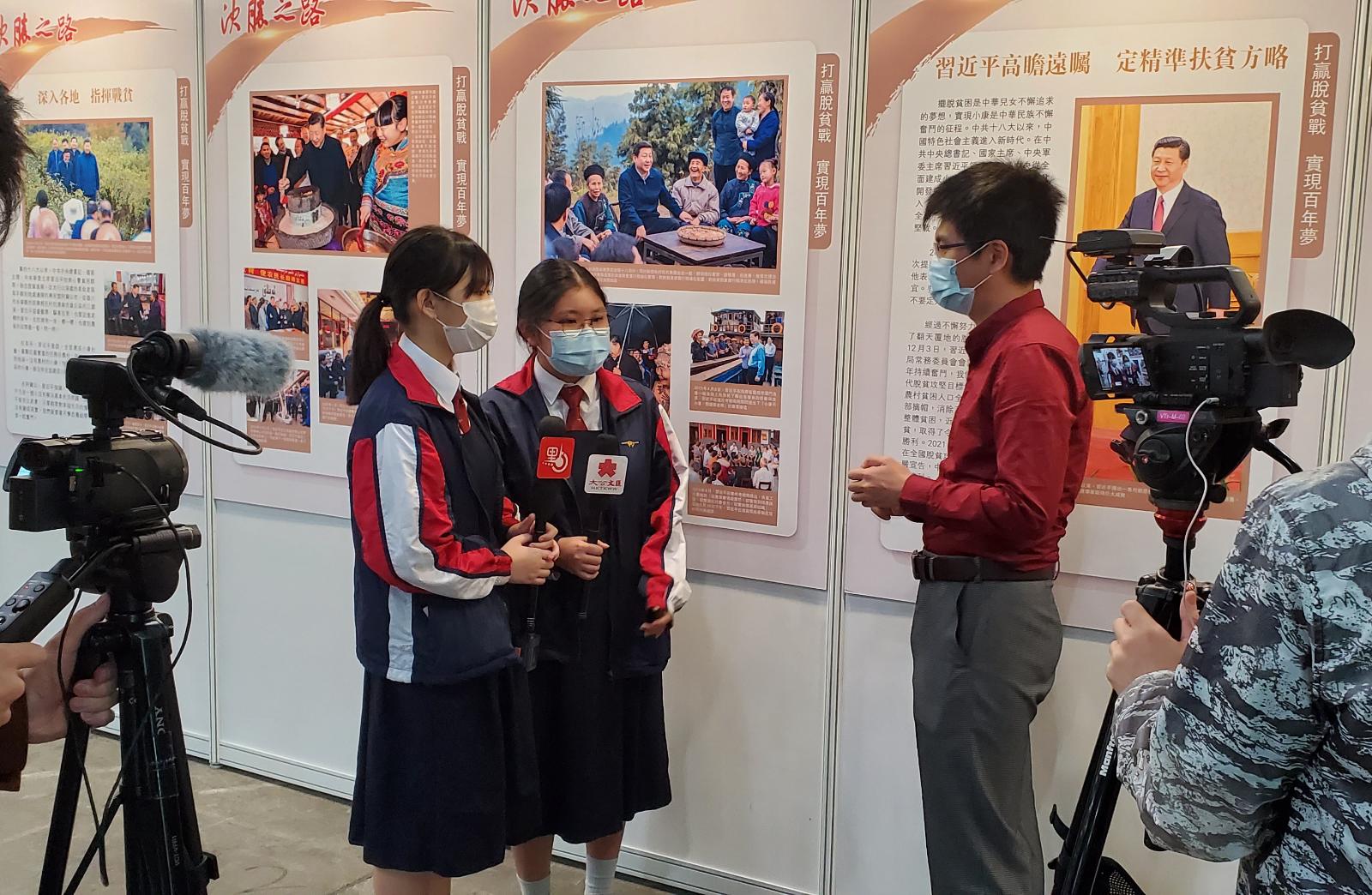
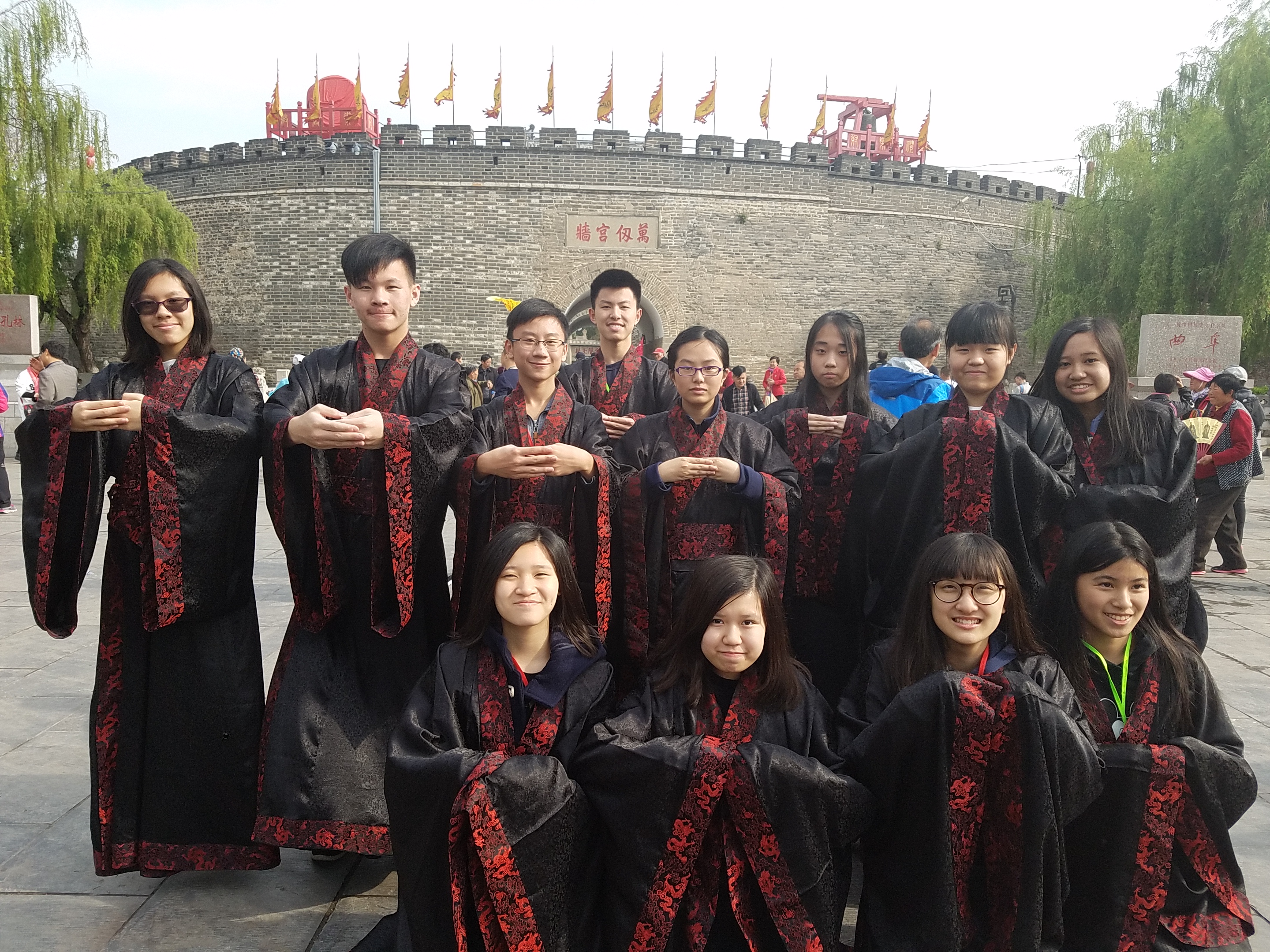






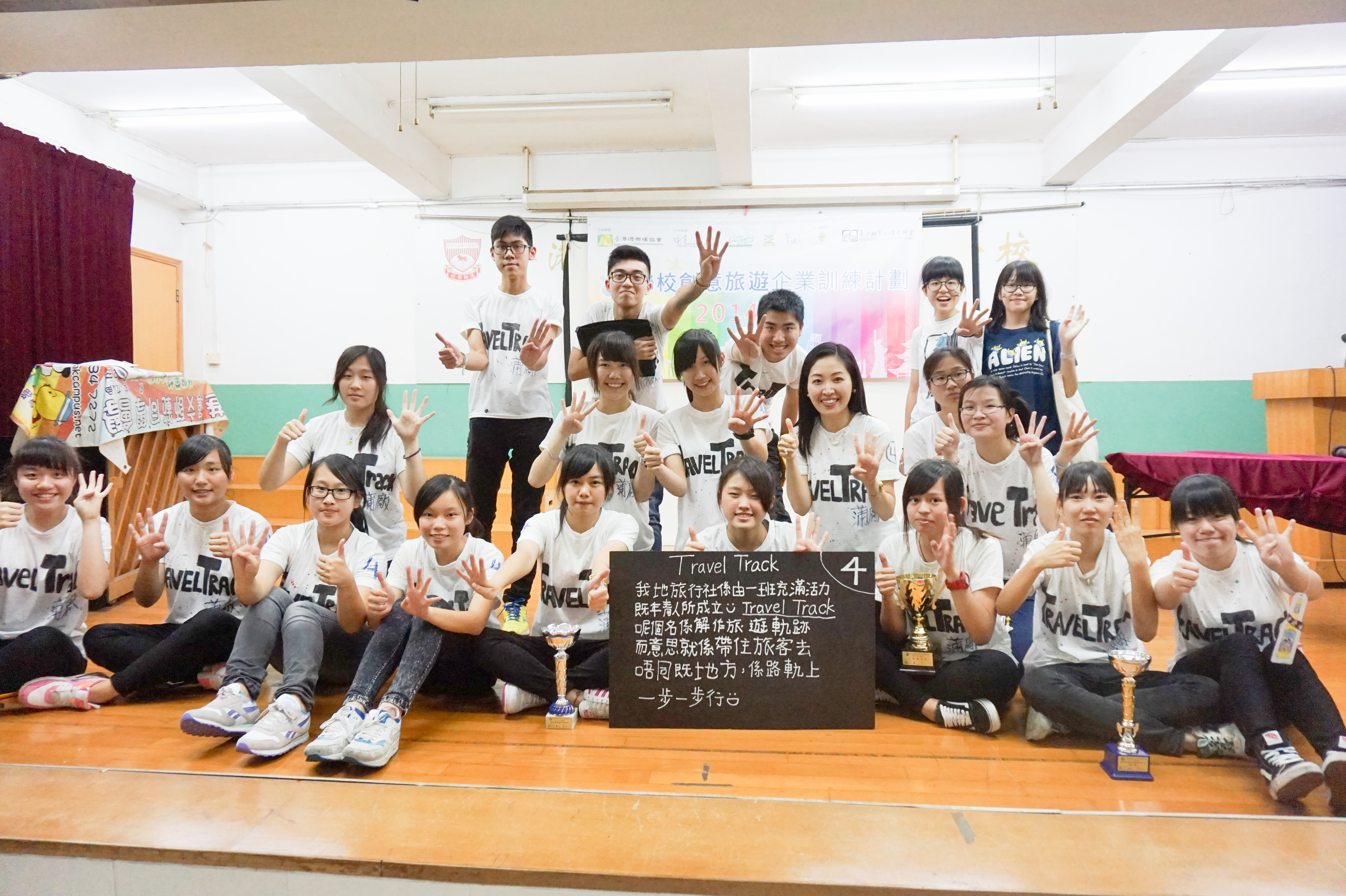
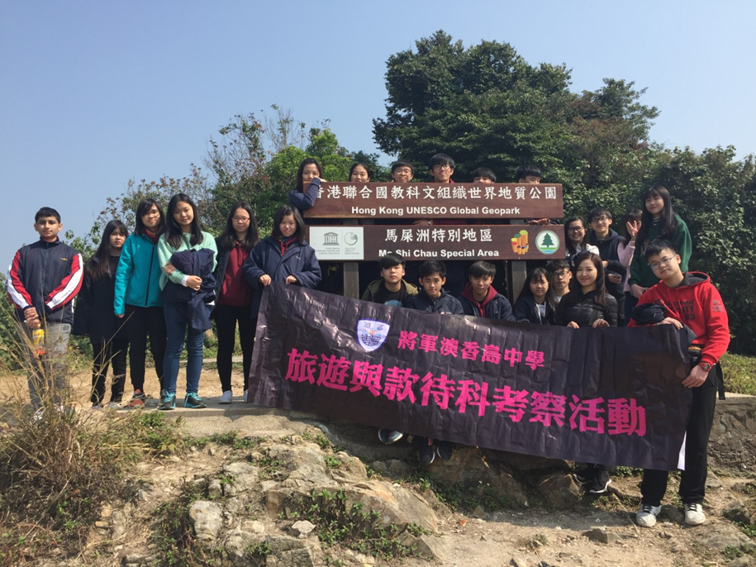
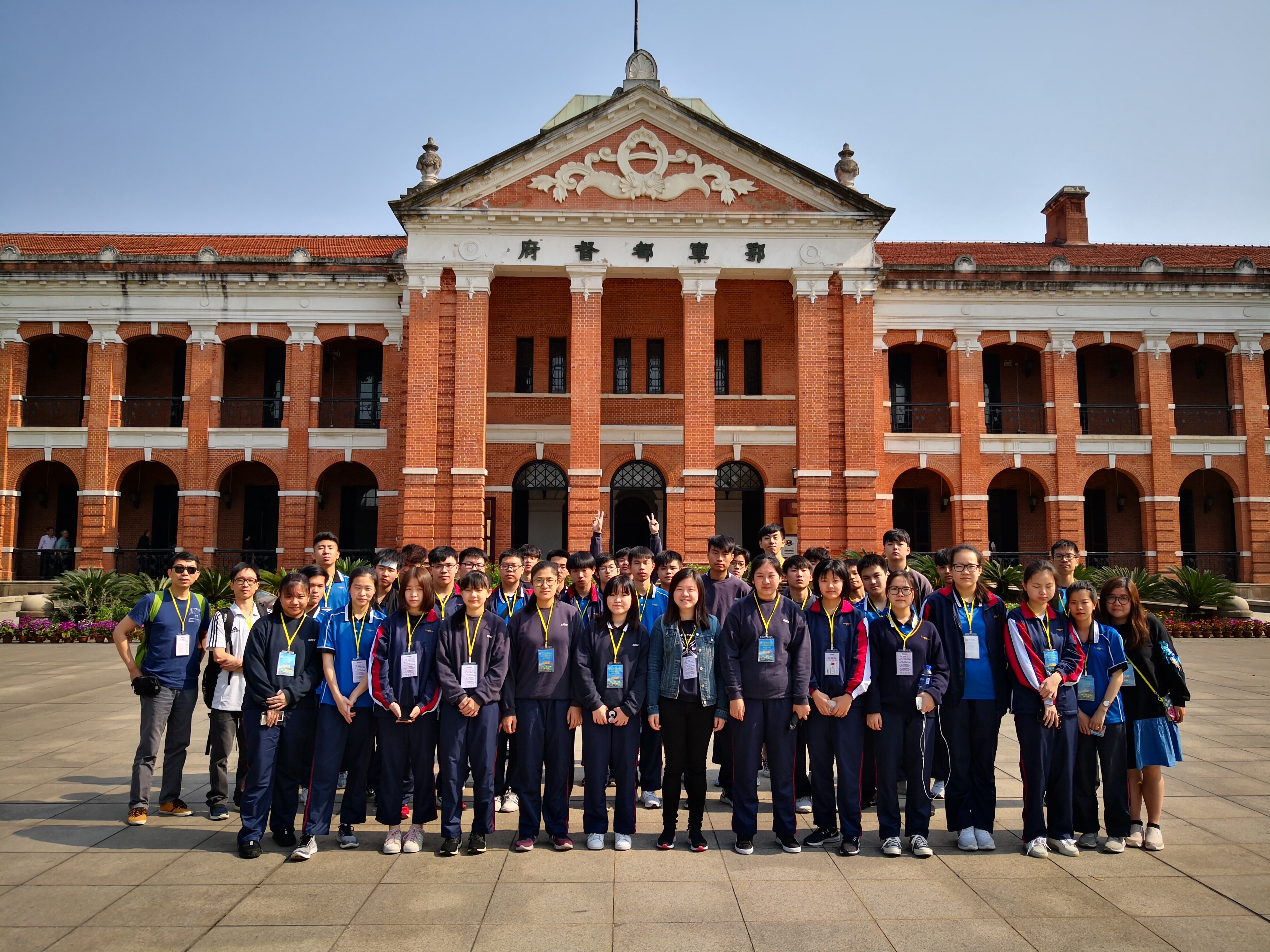
.jpg)